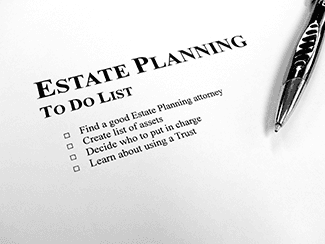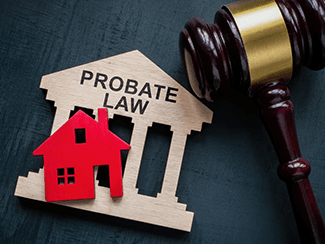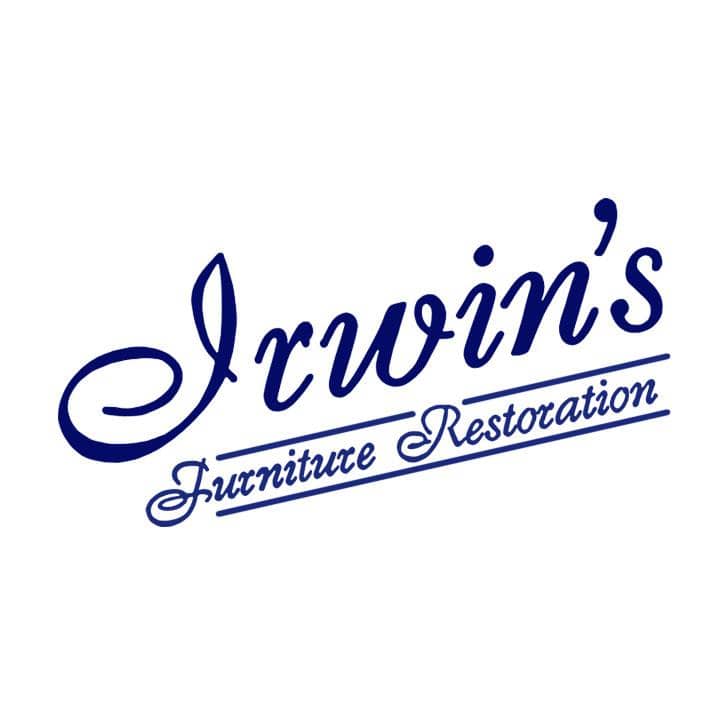When a loved one passes on, moving through grief while managing their estate can be difficult. If they do not leave a will or a trust, it can make the grief process that much harder.

We have all heard stories of families feuding over estates. There is no need to leave surviving family members with an unorganized estate that could lead to fighting.
Phocus Insurance Services, a Rosie on the House Certified Partner, says an organized estate plan will ensure that your wishes are carried out and will save your family members a lot of time, stress, and grief in the future once you pass.
Estate planning does not need to be daunting.
This estate planning checklist will ensure that you have your entire estate in proper order:
Make a list of your assets.
It could be cars, jewelry, money, electronics, real estate – whatever you want to ensure specific people receive. Remember to include digital and financial assets.
Consider assistance.
Do you need an attorney who can legally sort through your possessions? Or will an online will package, written by attorneys, suffice?
If you go the online route, we like Five Wishes, a non-profit that was developed as the first advance care plan (ACP) to address personal, emotional, and spiritual wishes, in addition to medical treatment. Their workbook is a legal advance directive when completed. It is a comprehensive, person-centered advance care planning program that offers a proven, easy-to-use approach to having effective and compassionate conversations. They offer a written and digital version.
Create a revocable living trust.
This trust will ensure you control your finances while living and your heirs avoid probate later. It is easily managed. Changes can be made at any time. You designate an individual as the successor trustee who will continue to carry out your wishes once you die.

Probate is the legal process of petitioning for and disbursing the assets of a loved one’s estate. The process can take six to eight months or longer without professional help. Mistakes happen. When they do, the probate process can result in long delays and loss of assets.
Fund your revocable living trust.
The items in your living trust include all non-retirement accounts, savings accounts, and your home.
Create a will.
Phocus Insurance Services says a trust is different from a will, and you need both. A trust will ensure your primary assets avoid probate, while a will documents how you wish for your other possessions to be disbursed among heirs. Anything you cherish should be included in the will to ensure that your family members are well aware of your wishes and to avoid any arguments and court trials.
Name beneficiaries.
From jewelry to art, to property, and everything in between of financial and sentimental value, who gets what? Double-check beneficiaries on retirement accounts. Because retirement accounts are governed by special rules, you need the proper beneficiary listed on each account. Regardless of what is stated in your will, the beneficiary form attached to your retirement account will be the legal document. If you do not name beneficiaries, the probate court may decide for you, and no one wants that.
Name guardians for children.

If you don’t name a guardian in your will, the courts will decide for you, which could add trauma on top of your children’s grief. Think this one through very carefully and make sure whom you name has agreed.
Name guardians for pets.
For many, pets are as important as children. Name someone who will agree to care for or find them loving homes.
Name the executor.
That person will make sure all your wishes are executed. Choose someone who knows you well and can manage every part of your estate. Get permission from that person before naming them in your will.
When creating your estate planning checklist, you want to ensure that you adequately communicate your dying wishes, protect your surviving family, reduce estate and income taxes, and protect any business you may have.
In addition to documenting your estate, there are other important documents you need in place that give a person the freedom to make decisions financially and medically should life take an unexpected turn. This article, Life Changing Documents You Should Never Be Without, walks you through what is needed.
Draft a letter of instruction.
This letter will make dealing with your estate easier on your family after you’re gone. You can provide personal instructions that aren’t in your will for anything you want them to know. Be sure to include important contacts info.
Communicate your wishes.
Discuss your wishes, your will, and the roles people will play upon your passing. They should know now so there will be no surprises.
Make copies and distribute your documents.
Give the appropriate people copies of your will, letter of instruction, and medical and power of attorney.
Store your documents.
In the case of most estate planning documents, you can store them where you already keep important family documents. However, because Arizona only recognizes an original signature on a will, you should keep it in a waterproof, fireproof place. If you have digital copies, store them under password protection.
What happens when there is not a will?
SeniorPlanning.org says, “Arizona’s intestate succession laws dictate the distribution of a person’s estate assets if they die without a valid will. The intestate laws state that the decedent’s spouse and other heirs, as determined by state law, are entitled to inherit any portion of the estate not covered by the decedent’s will.”
If there are no qualified heirs to claim the inheritance, such as a spouse or other family members, the State of Arizona acquires the intestate estate.
What that means is if you pass on without an estate plan, the State will take control of who gets what. That takes a lot of time and money spent on legal fees.
NOTE: This article and Rosie on the House does not offer legal advice. Contact an attorney to discuss your estate planning.
###
Homeowner Handbook | #DocumentYourEstate
PODCAST
Estate planning is essential to ensure your wishes are carried out to save your family time and distress. It doesn’t have to be daunting no matter the amount of assets. We welcome a new handyman partner Response Crew. And homeowner questions from under the sink to the shower.
Podcast Archive With Expanded Content and Resources
PHOTO CREDIT
- Shutterstock
















